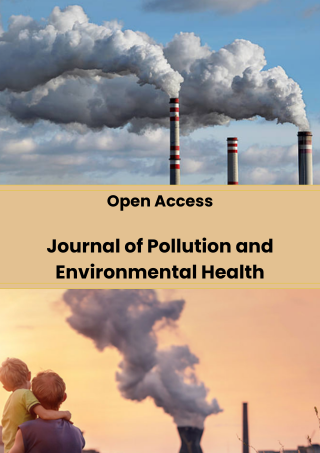Pollution Epidemiology and Public Health
Pollution Epidemiology & Public Health explores the relationship between environmental pollution and its impact on human health. This field investigates how exposure to air, water, soil, and chemical pollutants contributes to diseases such as respiratory illnesses, cardiovascular conditions, cancers, neurological disorders, and developmental problems. By using epidemiological methods, researchers assess exposure levels, identify vulnerable populations, and analyze long-term health outcomes linked to pollutants like particulate matter, heavy metals, and toxic chemicals. Data from population studies, environmental monitoring, and health records are used to guide risk assessment and public health policy. This research is vital for establishing safety standards, raising awareness, and developing prevention strategies. Strengthening pollution epidemiology helps protect communities, inform regulations, and promote healthier living environments globally.
Indexed In
DOAJ
CrossRef
PubMed
MEDLINE
ResearchBib
OAJI
Sindexs
Index Copernicus
EBSCO A-Z / Host
OCLC - WorldCat
Journal Flyer


